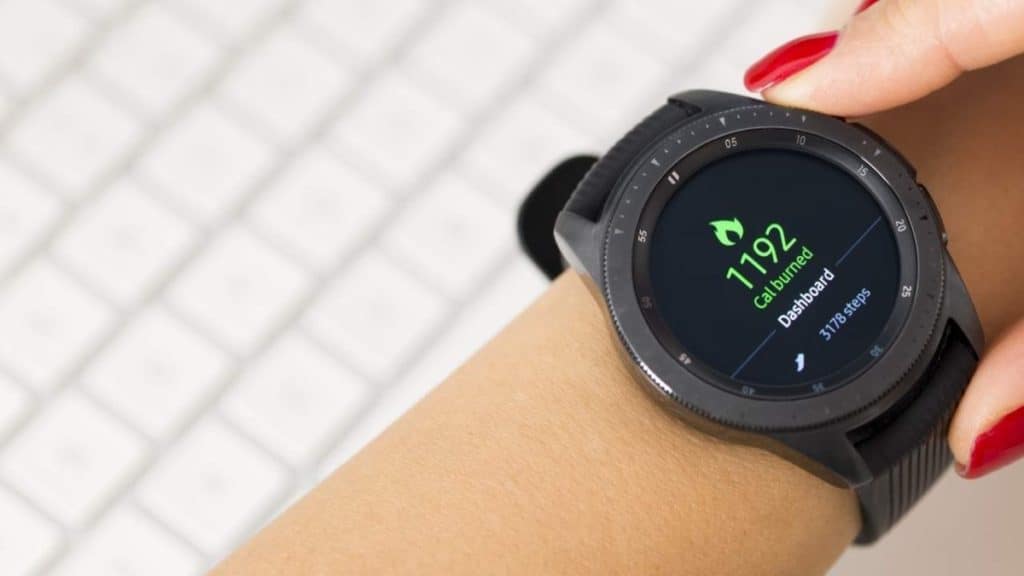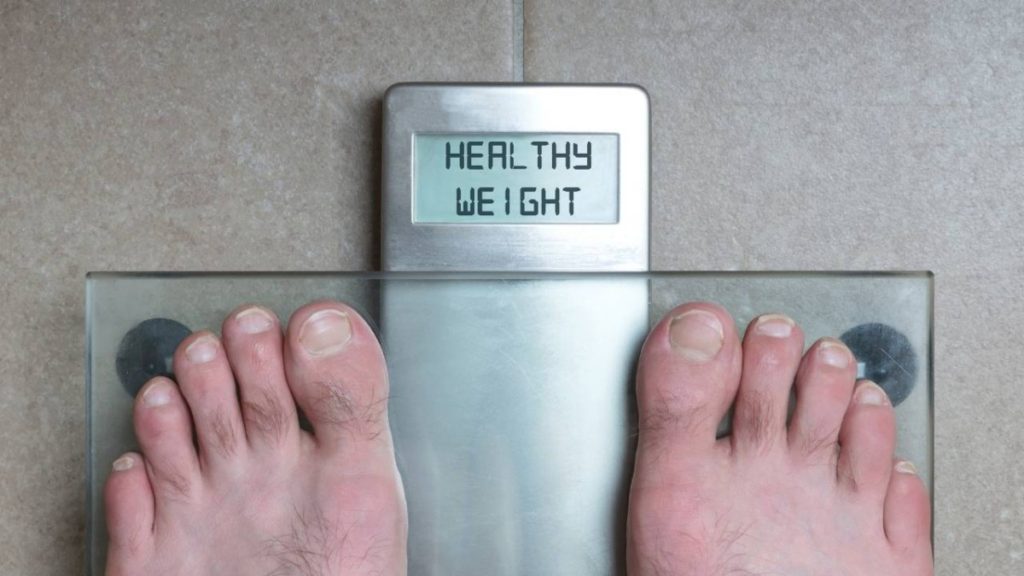
9 miles may appear to be an odd distance to run, but keep in mind that a lot of people gradually increase their distances. Of course, you must surpass the 9 mile barrier to get there. A trail near someone’s home might be 9 miles long, so it makes perfect sense to go that far.
On this page, we’ll look at the average time it takes to run 9 miles by gender and age. If you aren’t among the averages, don’t worry. We’re interested in beginner runners for this analysis. You will eventually hit roughly these times if you continue to improve your times.
Table of Contents
What is the Average Time to Run 9 Mile?

A runner with an average level of fitness can run 9 mile between 84 minutes and 145 minutes. The average time for a male aged 20-40 is 90 minutes. For a female it is 105 minutes. For advanced runners, an average 9-mile time is around 75 minutes.
Because 9 miles is such an odd distance to run, there isn’t a lot of data accessible to share with you. We’ll use the average running speeds recorded in some of the most popular apps as our benchmarks.
These are typical timings. If you’re a novice runner and can’t quite match those times, don’t be concerned. It’s normal for newcomers to be 10-20 minutes slower (a few seconds per mile)
We’ve organised this list into age ranges. This way, you can get a sense of what to expect at each age. Later on in the list, we have made the ‘age gap’ wider. This is because as people get older, their times slow down but remain generally consistent.

Average 9 Mile Running Time for Males
On average it takes a male between 84 minutes and 122 minutes to run 9 mile. It depends on their age, weight and overall fitness levels. For instance a male that is aged between 25-29 can expect a 9 mile running time of 90 minutes. For a male that is aged 40-44 can expect around 96 minutes.
| Average Time to Run 9 Mile For Males | ||||||
| Age | Beginners | Intermediate | Advanced | |||
| 15-20 | 01:26:06 | 01:10:21 | 00:54:09 | |||
| 20-25 | 01:25:30 | 01:10:03 | 00:53:42 | |||
| 25-30 | 01:30:27 | 01:10:21 | 00:54:18 | |||
| 30-35 | 01:31:21 | 01:10:57 | 00:54:45 | |||
| 35-40 | 01:33:27 | 01:11:42 | 00:57:18 | |||
| 40-45 | 01:34:12 | 01:13:57 | 00:58:57 | |||
| 45-50 | 01:36:27 | 01:16:21 | 01:01:12 | |||
| 50-55 | 01:40:12 | 01:19:39 | 01:03:18 | |||
| 55-60 | 01:49:12 | 01:27:54 | 01:07:57 | |||
| 60-65 | 01:57:45 | 01:29:51 | 01:10:39 | |||
Check out my big running data analytics that contains every running distance by age and gender in a full comparison table for beginners and intermediates. You can compare your average running times against every distance in your age and ability group.

Average 9 Mile Running Time for Females
On average it takes a female between 103 minutes and 145 minutes to run 9 mile. It depends on their age, weight and overall fitness levels. For instance a female that is aged between 30-34 can expect a 9 mile running time of 107 minutes. For a female that is aged 45-50 can expect around 112 minutes.
| Average Time to Run 9 Mile For Females | ||||||
| Age | Beginners | Intermediate | Advanced | |||
| 15-20 | 01:43:21 | 01:21:27 | 01:04:12 | |||
| 20-25 | 01:45:00 | 01:20:42 | 01:03:27 | |||
| 25-30 | 01:45:18 | 01:21:27 | 01:04:21 | |||
| 30-35 | 01:49:21 | 01:22:21 | 01:05:06 | |||
| 35-40 | 01:49:57 | 01:26:42 | 01:06:27 | |||
| 40-45 | 01:51:36 | 01:29:33 | 01:10:39 | |||
| 45-50 | 01:54:09 | 01:30:27 | 01:12:18 | |||
| 50-55 | 02:00:00 | 01:33:00 | 01:16:48 | |||
| 55-60 | 02:11:33 | 01:39:00 | 01:20:51 | |||
| 60-65 | 02:13:03 | 01:44:42 | 01:21:45 | |||
Other Running Distances You Might Find Helpful

How Many Calories Will You Burn Running 9 Mile?
On average, if you run 9 mile at a 10 minute pre mile pace at a speed of 6mph you can expect to burn around 1300 calories. The number of calories you burn running 9 mile will depend on your weight, gender and pace. A person who weighs 180 pounds and runs 9 mile in 10 minutes will burn about 1233 calories. A person who weighs 220 pounds and runs 9 mile in 10 minutes will burn about 1503 calories.
The table below uses the average 9 mile pace of a 10 minute mile which is around 6mph. If you run slower or fast than this pace you can add or subtract calories from this list.
| Weight | Calories burn for 9 mile run |
| 160lbs | 1098 calories |
| 170lbs | 1152 calories |
| 180lbs | 1233 calories |
| 190lbs | 1287 calories |
| 200lbs | 1368 calories |
| 210lbs | 1422 calories |
| 220lbs | 1503 calories |
| 230lbs | 1575 calories |
| 240lbs | 1638 calories |

Can you lose weight running 9 miles?
A 9-mile run is likely to burn around 1300 calories. In order to lose 1 pound of fat, you need to burn around 3500 calories. This means you would have to complete four 9-mile runs in a week to lose one pound. Whilst it isn’t sustainable or healthy to run 9 miles every day, running four days of the week would eventually result in weight loss.
As with any form of exercise, the amount of weight you are able to lose from a 9-mile run will depend on your starting weight and your overall fitness and endurance levels. As you become more experienced with completing a 9-mile run, you may find that you are able run for longer and faster, which will allow you to continue to lose weight over time.

Should you run 9 miles every day?
For many experienced runners, a daily 9-mile run is likely to come easily. It allows you to increase your fitness and endurance levels and become stronger over time. Even so, it isn’t something that is typically recommended, even for the most advanced runners. A daily run of that length can prove to be more harmful than helpful, for a number of reasons.
You risk injury if you run too much
Running such a long length every single day leaves you more vulnerable to injury, especially if you are just starting out. Your body will become tired no matter how much running experience you have, leaving you susceptible to injuries which can set you back and even cause long-term issues.
Your body needs rest after runs
No matter what exercise you are doing, your body needs adequate time to rest and heal. Running every day does not give your body a break, meaning it has no time to rest and recover from the previous day’s activities. For this reason, it’s a good idea to allow yourself a day or so to rest and recover.

Tips For Running Beyond 9 Miles
For many runners, all it takes is time and practice to be able to run further and faster. The key thing is to build up your endurance and stamina, something that comes naturally the more you run. However, there are some different things you can do to help you to improve your run time and mileage.
Practice and training runs
Over time, you can enhance your endurance and stamina simply by continuing to run. A consistent workout routine containing running practise will eventually increase endurance levels, allowing you to run further and faster the more you practise. The key is to be consistent in your run practise.
Training to increase endurance is likely to include high intensity interval training, resistance training, and consistent stamina practise. Over time, the training will pay off to allow you to run at further lengths. Ensure you are training as safely as possible to make sure you can continue to practise consistently enough to see the desired effect.
Rest and recovery after runs
Rest days are one of the most important things you can do to help you run further. It might seem counter-intuitive to take breaks in training, but it is vital to ensure you are taking rest days to allow your body to recover. Taking a day off to allow your body to recover from the activities of the previous day is a great way to ensure you are training as safely as possible.
Rest days also help to prevent injuries, which are unfortunately common in running and endurance training. Runners can be protected from common injuries like leg strain simply by allowing your body the time it needs to recover and rest.
Caffeine before runs
Caffeine is something runners have used for a long time, believing it is capable of improving stamina and performance. Things like sports drinks are a great way to get enough caffeine to see a difference over time. It’s thought that the burst of energy that comes from caffeine improves the performance of runners.
Average Time to Run 9 Miles Summary
A runner with an average level of fitness can run 9 miles between 84 minutes and 145 minutes. The average time for a male aged 20-40 is 90 minutes, and for a female, it is 105 minutes. For advanced runners, an average 9-mile time is around 75 minutes.
This all depends on your age, gender and speed or pace of your runs. Moreover, you will achieve a faster 9 mile run time if you can hold a fast pace and don’t stop of rests.



